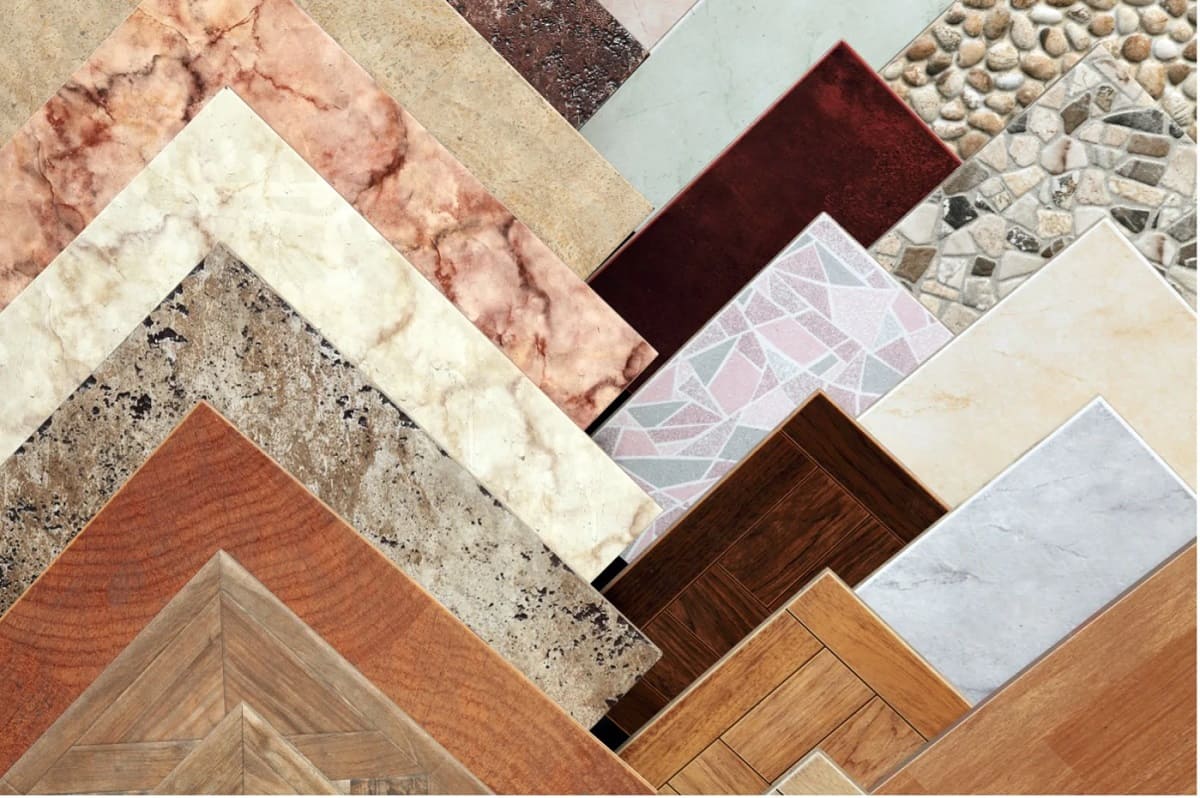

Articles
How Thick Are Floor Tiles
Modified: January 19, 2024
Discover the ideal thickness for floor tiles in this informative article. Gain insights on the different options available and make an informed choice for your space.
(Many of the links in this article redirect to a specific reviewed product. Your purchase of these products through affiliate links helps to generate commission for Storables.com, at no extra cost. Learn more)
Introduction
Floor tiles are a popular choice for both residential and commercial spaces due to their durability, versatility, and aesthetic appeal. They come in a variety of materials, designs, and sizes, but one important factor to consider when selecting floor tiles is their thickness. The thickness of floor tiles can have a significant impact on their performance, durability, installation process, and overall aesthetics.
In this article, we will explore the factors that can affect the thickness of floor tiles and discuss the common thickness options available in the market. We will also delve into the advantages and disadvantages of thicker floor tiles and provide some key considerations to help you make an informed decision when choosing the thickness of floor tiles for your space.
Understanding the importance of floor tile thickness is crucial as it directly impacts the durability and longevity of your flooring investment. By the end of this article, you will have a clear understanding of the relationship between thickness and functionality, and be equipped with the knowledge to select the most suitable thickness for your floor tiles.
Key Takeaways:
- Thicker floor tiles offer enhanced durability, impact resistance, and design flexibility, making them ideal for high-traffic areas and spaces where sturdiness and longevity are essential.
- Consider factors such as foot traffic, subfloor condition, and aesthetic preferences when choosing the thickness of floor tiles to ensure the best fit for your space’s needs and requirements.
Read more: How Thick Should Outdoor Porcelain Tiles Be
Factors Affecting Floor Tile Thickness
Several factors come into play when determining the appropriate thickness for floor tiles. These factors can influence the overall performance and durability of the tiles, as well as affect the installation process. Let’s explore the main factors that affect floor tile thickness:
- Material: The type of material used for the floor tiles plays a significant role in determining their thickness. Different materials have varying levels of strength and durability, which can affect the required thickness to withstand regular foot traffic and other environmental factors.
- Application: The intended use and location of the floor tiles are important considerations. High-traffic areas, such as commercial spaces or entryways, may require thicker tiles to withstand heavy usage. On the other hand, thinner tiles may be suitable for areas with minimal foot traffic, such as residential bathrooms.
- Subfloor Condition: The condition of the subfloor can impact the thickness of floor tiles. Uneven or unstable subfloors may require thicker tiles to provide a level and sturdy surface. Alternatively, if the subfloor is well-prepared and even, thinner tiles may be sufficient.
- Span and Load Distribution: The span and load distribution across the floor are important considerations when determining tile thickness. Larger rooms or areas with heavy furniture may require thicker tiles to prevent cracking or damage under the weight.
- Climate and Environmental Factors: The climate and environmental conditions, such as moisture levels or temperature fluctuations, can affect the performance of floor tiles. In regions with extreme weather conditions, thicker tiles with better insulation and resistance to moisture may be necessary.
- Design Preferences: Design preferences can also influence the choice of tile thickness. Some individuals may prefer a sleek and minimalist look achieved with thin tiles, while others may prefer a more robust and luxurious appearance that can be achieved with thicker tiles.
It is essential to consider these factors when deciding on the thickness of your floor tiles. Taking into account the specific requirements of your space, as well as your personal preferences, will help ensure that you choose the most appropriate thickness to meet your needs.
Common Thickness Options for Floor Tiles
Floor tiles are available in various thickness options, each offering its own set of advantages and considerations. Here are the most common thickness options for floor tiles:
- Thin Tiles: Thin floor tiles typically have a thickness of around 3-6 millimeters (mm). These tiles are lightweight and easy to handle during installation. They are commonly used for wall applications or areas with low foot traffic, such as residential bathrooms or backsplashes. Thin tiles can provide a sleek and minimalist look to the space.
- Standard Thickness: Standard thickness floor tiles are usually between 6-9 mm thick. These tiles strike a balance between durability and ease of installation. They are suitable for most residential and commercial applications with moderate foot traffic, such as living rooms, bedrooms, and offices.
- Thick Tiles: Thick floor tiles typically range from 9-12 mm in thickness. These tiles offer enhanced durability and are ideal for high-traffic areas such as kitchens, entryways, or commercial spaces. They provide better resistance to impact, scratches, and wear and tear.
- Extra-Thick Tiles: Extra-thick tiles are typically 12 mm or more in thickness. These tiles are extremely durable and are designed to withstand heavy usage and demanding environments. They are commonly used in industrial settings, outdoor areas, or places with high foot traffic, such as shopping centers or airports.
It’s important to note that the thickness options may vary slightly depending on the manufacturer and the specific type of material used for the tiles. It’s recommended to reference the manufacturer’s guidelines and consult with professionals to determine the most suitable thickness option for your particular project.
Furthermore, it’s worth mentioning that the thickness of the tiles may affect other aspects of the installation process, such as the type of adhesive or mortar required and the level of subfloor preparation needed. It’s crucial to ensure that the chosen thickness aligns with the overall installation plan to achieve a successful and long-lasting result.
Advantages of Thicker Floor Tiles
Opting for thicker floor tiles can offer several advantages over thinner alternatives. Here are some key benefits of choosing thicker floor tiles for your space:
- Enhanced Durability: Thicker floor tiles are generally more durable and better equipped to withstand heavy foot traffic and wear and tear. They are less prone to cracks, chipping, or breaking, ensuring a longer lifespan for your flooring investment.
- Better Resistance to Impact: Thicker tiles provide improved resistance to impact and external pressure. They are less likely to crack or damage under the weight of heavy furniture or the impact of dropped objects, making them a preferred choice for high-traffic areas or areas prone to accidents.
- Increased Sturdiness: Thicker tiles offer a more substantial and sturdy feel underfoot. This can contribute to a sense of quality and luxury, especially in areas where comfort and stability are essential, such as kitchens or living rooms.
- Superior Sound Insulation: Thicker tiles can provide better sound insulation, reducing the transmission of noise between floors. This can be particularly advantageous in multi-level buildings, apartments, or spaces where noise control is a concern.
- Improved Resistance to Moisture: Thicker floor tiles often have better resistance to moisture penetration. This makes them suitable for areas prone to spills, such as kitchens or bathrooms. Thicker tiles can provide an additional layer of protection against water damage and help to maintain the integrity of the flooring.
- Greater Design Flexibility: Thicker tiles offer more options in terms of design and aesthetics. They can showcase patterns, textures, and surface details more effectively than thinner tiles. This allows for more creative possibilities and the ability to achieve a unique and visually appealing look for your space.
Overall, opting for thicker floor tiles can provide numerous advantages in terms of durability, impact resistance, sturdiness, sound insulation, moisture resistance, and design flexibility. However, it’s important to consider the specific needs and requirements of your space before making a decision, as thicker tiles may not be necessary for all applications.
When choosing floor tiles, consider the thickness based on the type of traffic the area will experience. For high-traffic areas, opt for thicker tiles (5/16 inch or more) to ensure durability and longevity.
Disadvantages of Thicker Floor Tiles
While thicker floor tiles offer many advantages, there are also a few considerations and potential disadvantages to keep in mind. Here are some possible drawbacks of using thicker floor tiles:
- Weight and Installation Complexity: Thicker tiles are generally heavier than thinner options. This can make them more challenging to handle and install, requiring specialized equipment and additional labor. The increased weight may also place more strain on the subfloor, requiring careful preparation.
- Cost: Thicker tiles often come at a higher price point than thinner ones. The increased material cost, as well as potential installation complexities or additional subfloor preparation, can impact the overall project budget. It’s essential to factor in these potential costs when considering thicker floor tiles.
- Cutting and Trimming: Thicker tiles may be more difficult to cut and trim, especially if you need precise measurements or intricate shapes. Specialized tools and techniques may be required to achieve clean and accurate cuts, which could increase the complexity of the installation process.
- Transition and Leveling: Thicker tiles can create height differences between rooms or adjacent flooring surfaces. This may require additional transition strips or leveling techniques to ensure a seamless and aesthetically pleasing transition between different areas, particularly when transitioning from thicker tiles to other flooring types.
- Underfloor Heating: Thicker floor tiles can have a higher thermal resistance, which means they may not be the best choice for underfloor heating systems. Thinner tiles are usually more efficient at conducting heat and allowing for even distribution throughout the floor.
While these disadvantages should be taken into account, they should not discourage you from considering thicker floor tiles. It’s essential to assess the specific requirements of your space and balance them with the benefits and drawbacks of thicker tiles to make the most informed decision.
Read more: How Thick Plywood For Shed Floor
Considerations When Choosing the Thickness of Floor Tiles
When deciding on the thickness of your floor tiles, it’s essential to consider several factors to ensure that you make the right choice for your space. Here are some key considerations to keep in mind:
- Intended Use and Traffic: Consider the level of foot traffic and the intended use of the space. Higher foot traffic areas may require thicker tiles to withstand heavy usage and maintain their appearance over time.
- Subfloor Condition: Evaluate the condition of the subfloor. Uneven or unstable subfloors may require thicker tiles to provide a level surface and prevent damage or cracking in the future. A well-prepared and even subfloor may allow for thinner tiles.
- Aesthetic Preference: Consider your design preferences and the overall look you want to achieve. Thicker tiles can provide a more substantial and luxurious feel, while thinner tiles can create a sleek and minimalist look.
- Budget: Assess your budget and factor in the cost implications of thicker tiles, including the material cost, installation complexities, and any additional subfloor preparation required.
- Climate and Environmental Factors: Think about the climate and environmental conditions in your area. Thicker tiles may be necessary in regions with extreme weather conditions, high moisture levels, or temperature fluctuations.
- Compatibility with Underfloor Heating: If you plan to install underfloor heating, ensure that the chosen tile thickness is compatible with the heating system. Thinner tiles usually offer better heat conduction and distribution.
- Leveling and Transition: Consider how the chosen thickness will affect the overall leveling and transition between different areas or flooring types. Thicker tiles may require additional leveling techniques or transition strips.
- Longevity: Think about the long-term durability and maintenance requirements. Thicker tiles are generally more durable, but they may also require more effort to clean and maintain.
By carefully considering these factors, you can make an informed decision about the thickness of your floor tiles that aligns with your needs, preferences, and the specific requirements of your space.
Conclusion
Choosing the right thickness for your floor tiles is a crucial decision that can significantly impact the overall performance, durability, and aesthetics of your flooring. By considering various factors such as material, application, subfloor condition, and design preferences, you can make an informed choice that aligns with your specific needs and requirements.
Thicker floor tiles offer advantages such as enhanced durability, better resistance to impact, increased sturdiness, superior sound insulation, improved resistance to moisture, and greater design flexibility. However, they also come with considerations such as weight, installation complexity, cost, cutting and trimming difficulties, transition and leveling requirements, as well as potential limitations with underfloor heating systems.
Thin floor tiles are suitable for areas with low foot traffic or where a sleek and minimalist look is desired. Standard thickness tiles strike a balance between durability and ease of installation, while thick and extra-thick tiles provide added durability and versatility for high-traffic or demanding environments.
Ultimately, the choice of tile thickness should be based on a thorough evaluation of each specific project’s requirements, taking into account factors like foot traffic, subfloor condition, aesthetic preferences, budget, climate, and compatibility with underfloor heating. It is advisable to consult with professionals and refer to manufacturer guidelines to ensure the most suitable thickness for your floor tiles.
Remember, investing time and effort in selecting the appropriate thickness for your floor tiles will contribute to the long-term durability and performance of your flooring, ensuring that it withstands the test of time and meets your functional and aesthetic expectations.
Frequently Asked Questions about How Thick Are Floor Tiles
Was this page helpful?
At Storables.com, we guarantee accurate and reliable information. Our content, validated by Expert Board Contributors, is crafted following stringent Editorial Policies. We're committed to providing you with well-researched, expert-backed insights for all your informational needs.
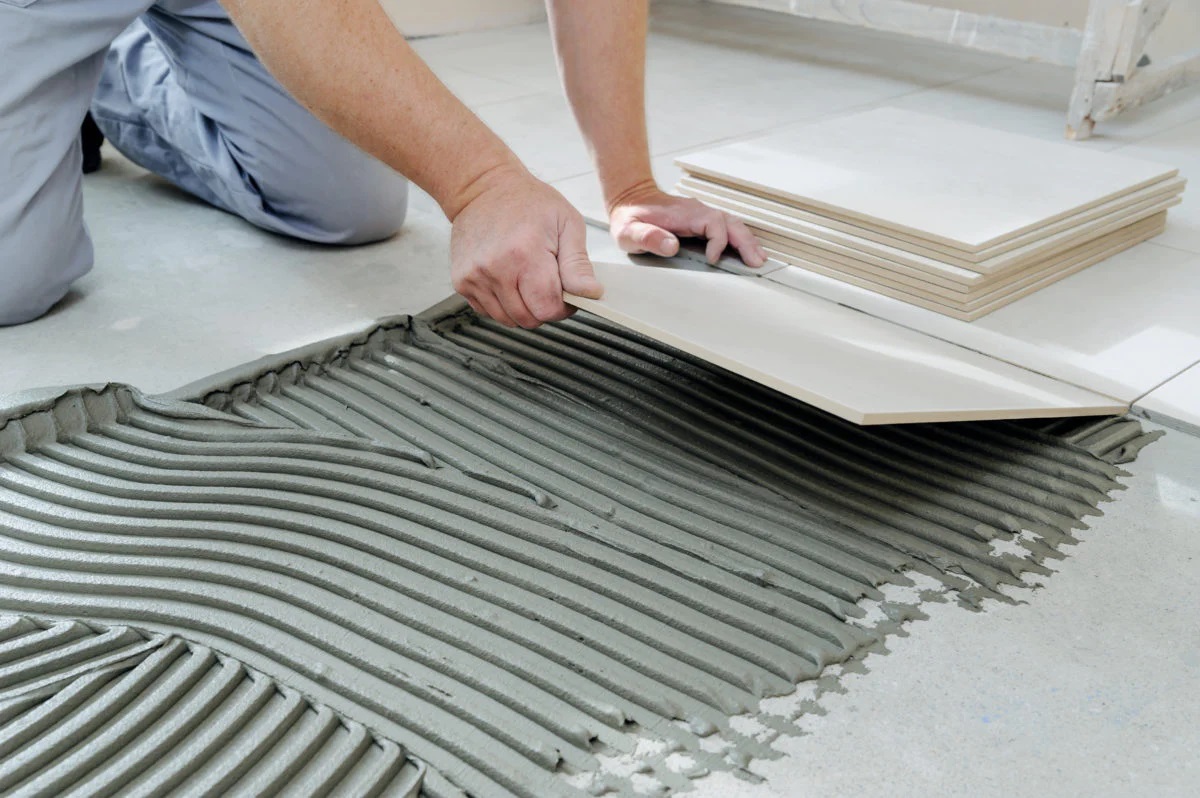
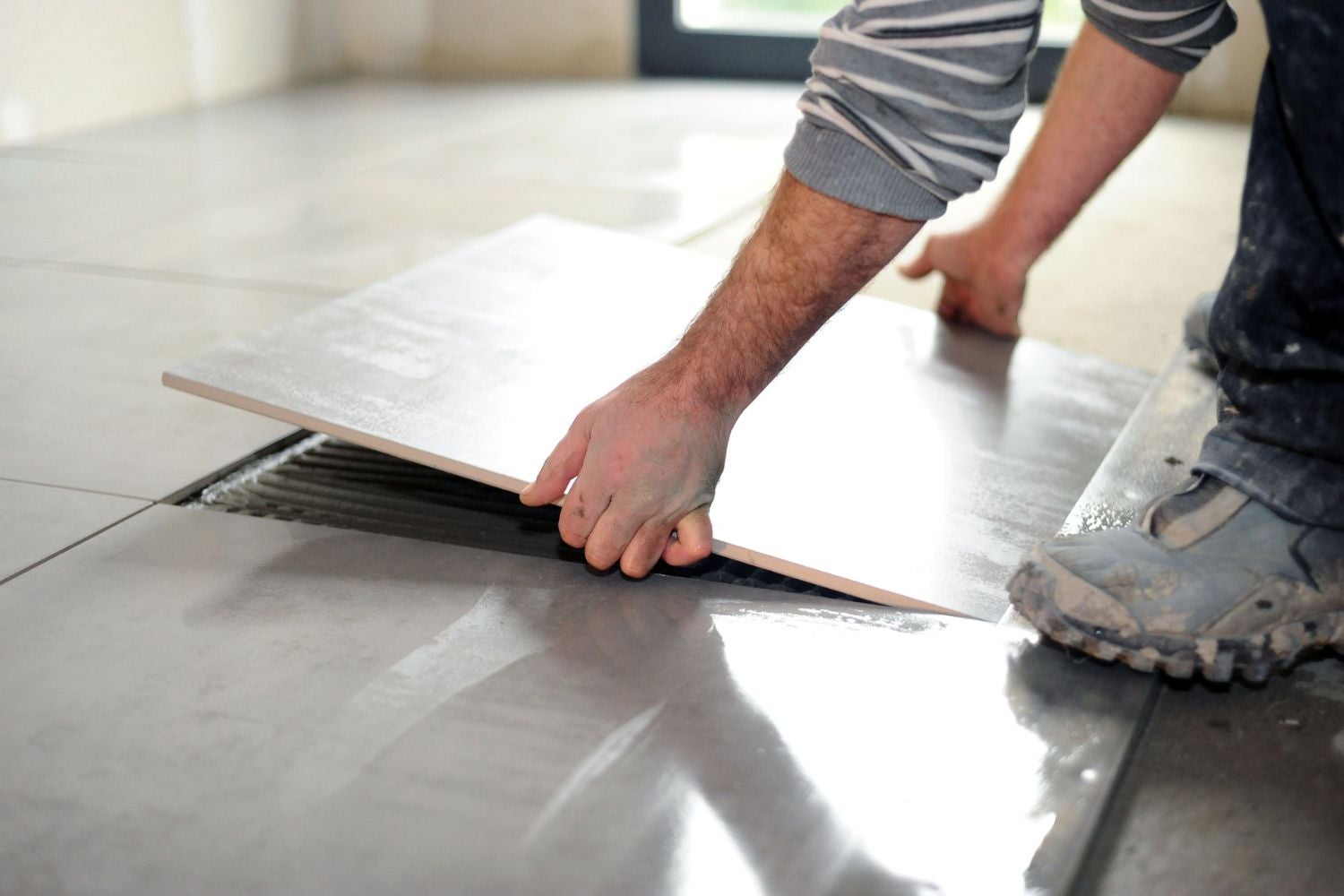
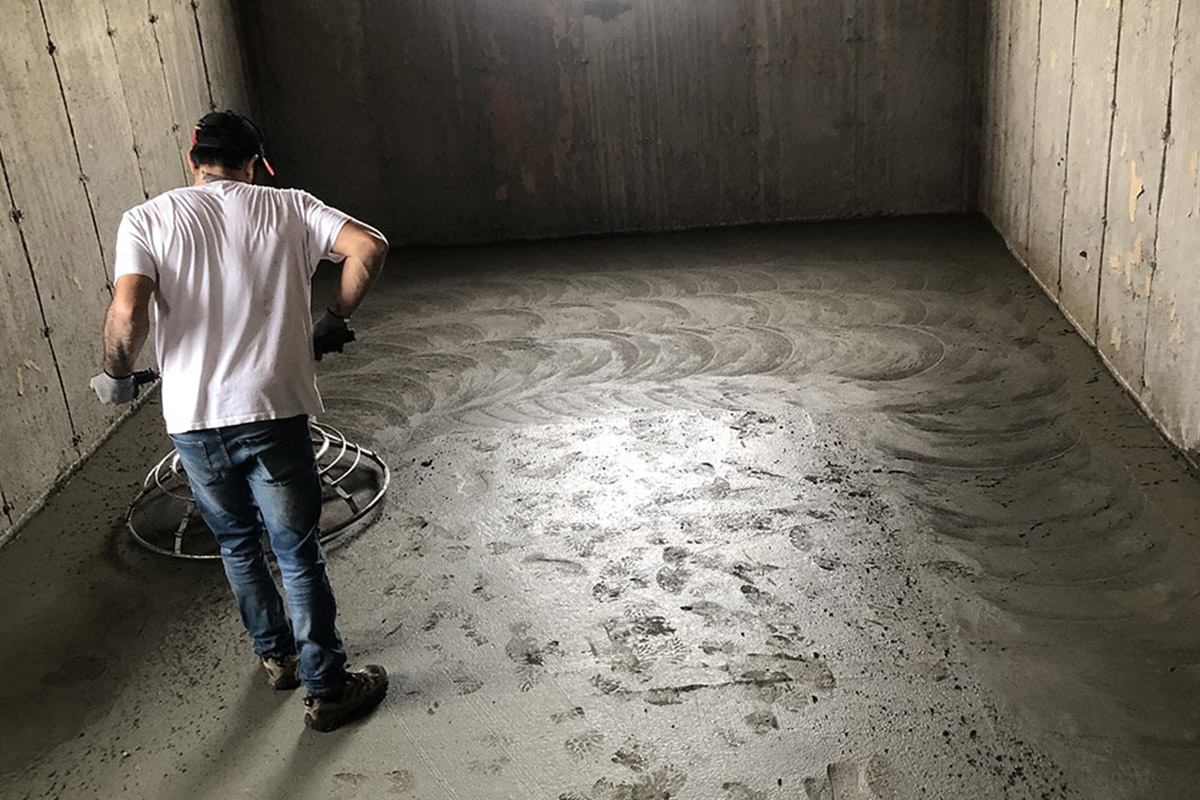
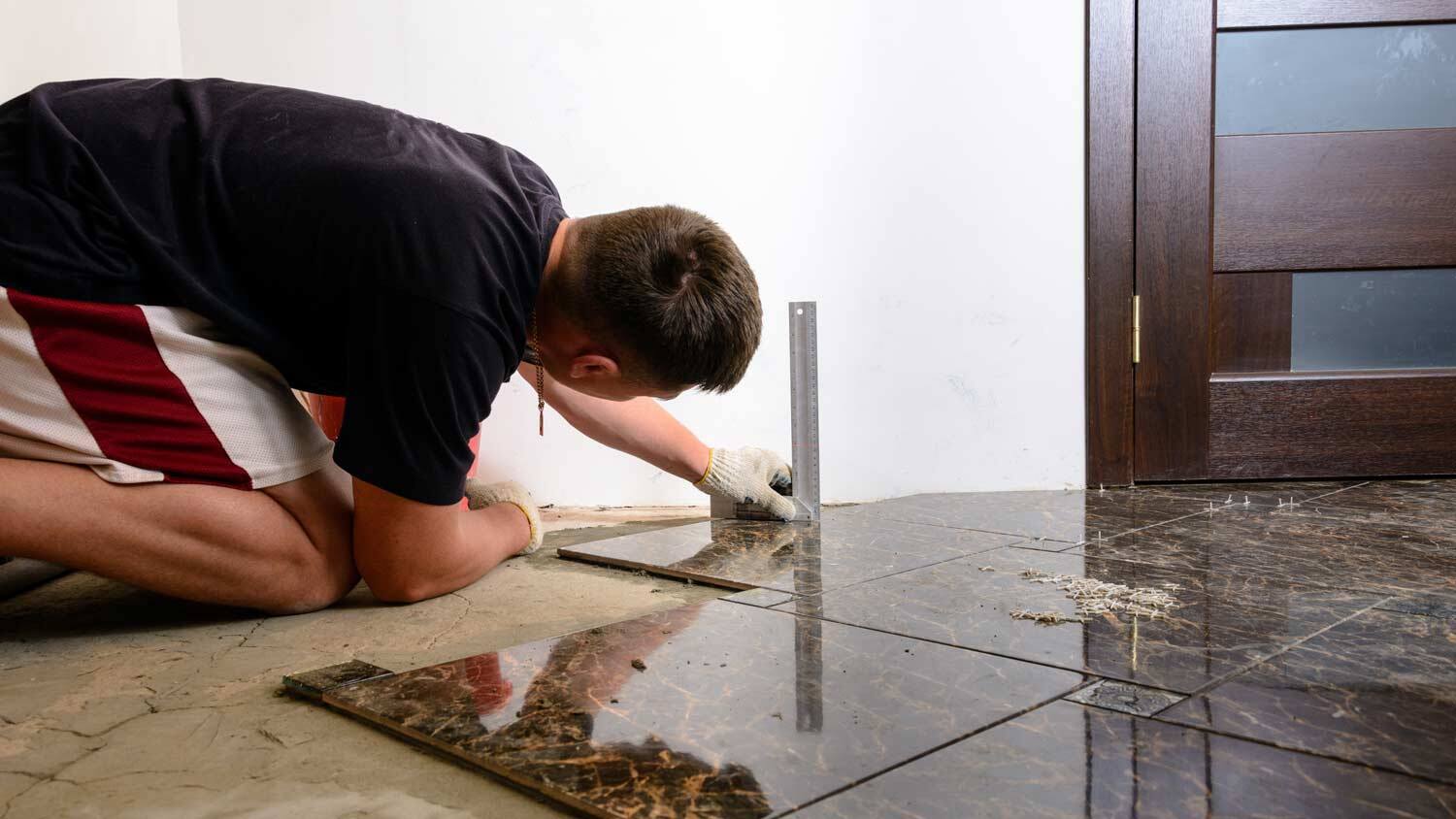



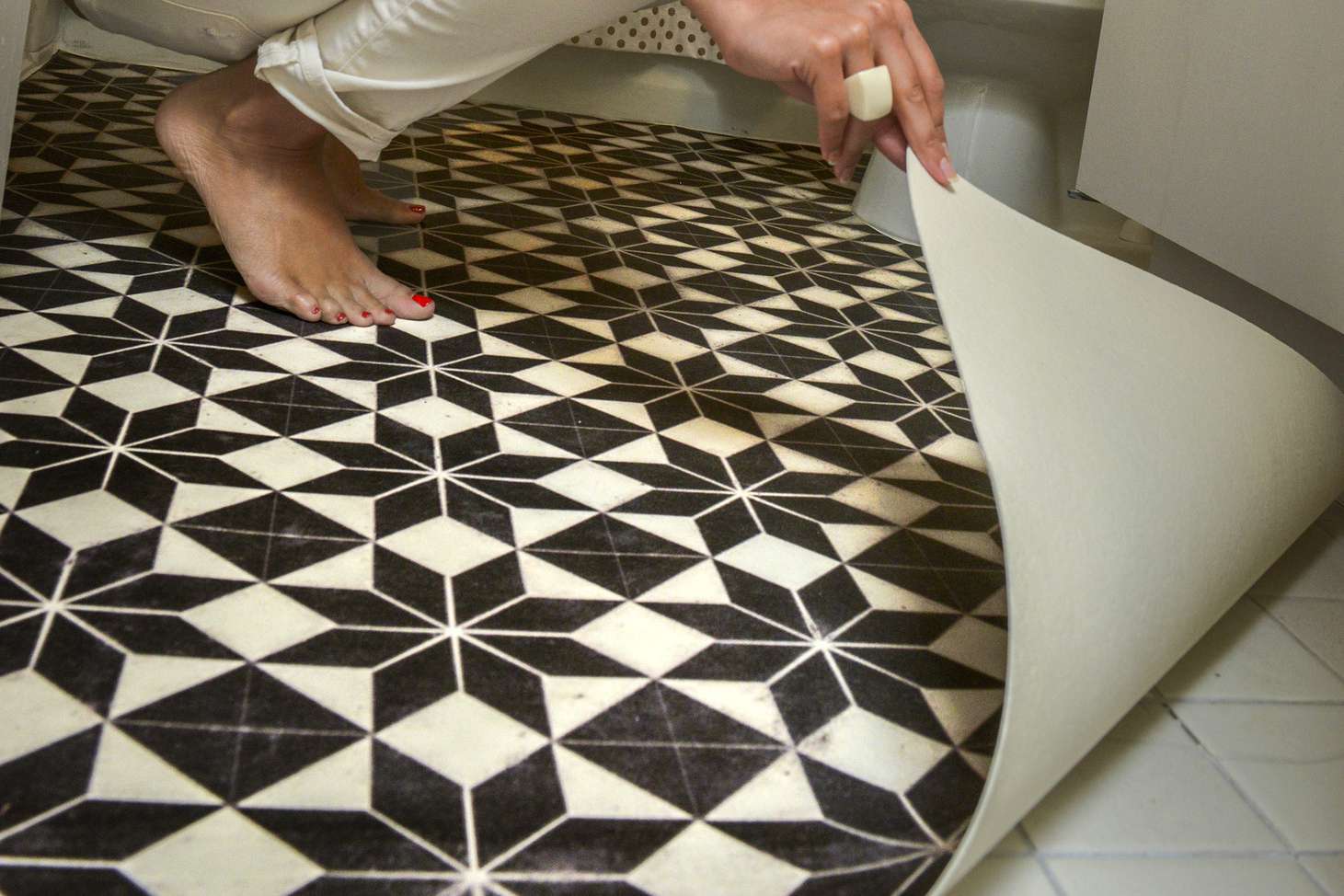
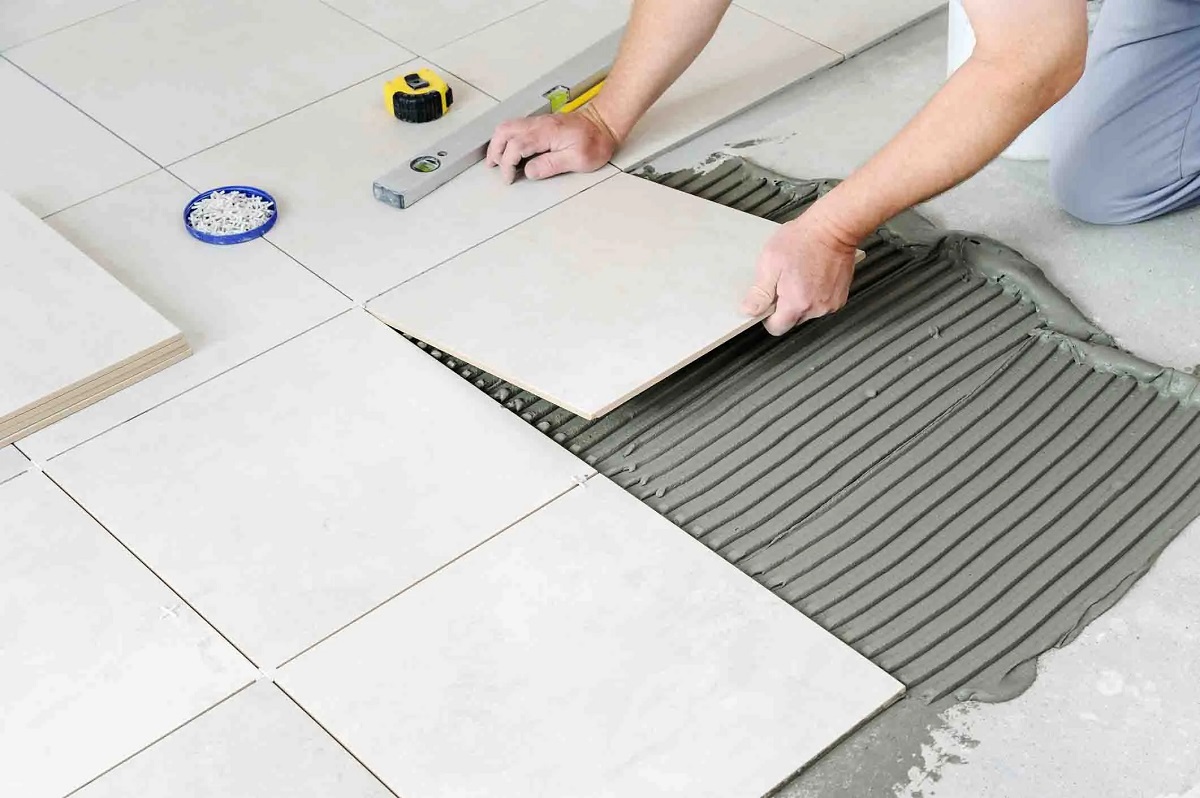
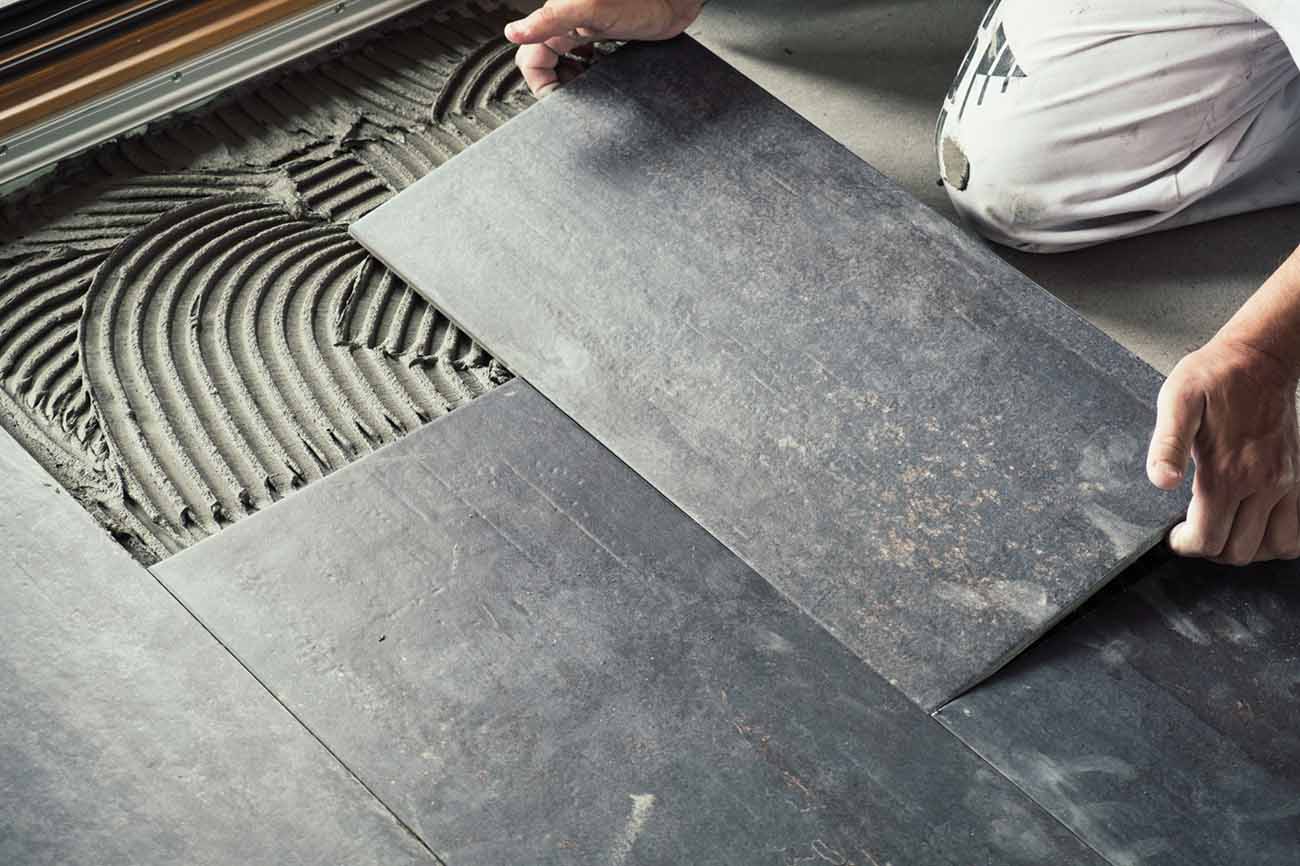

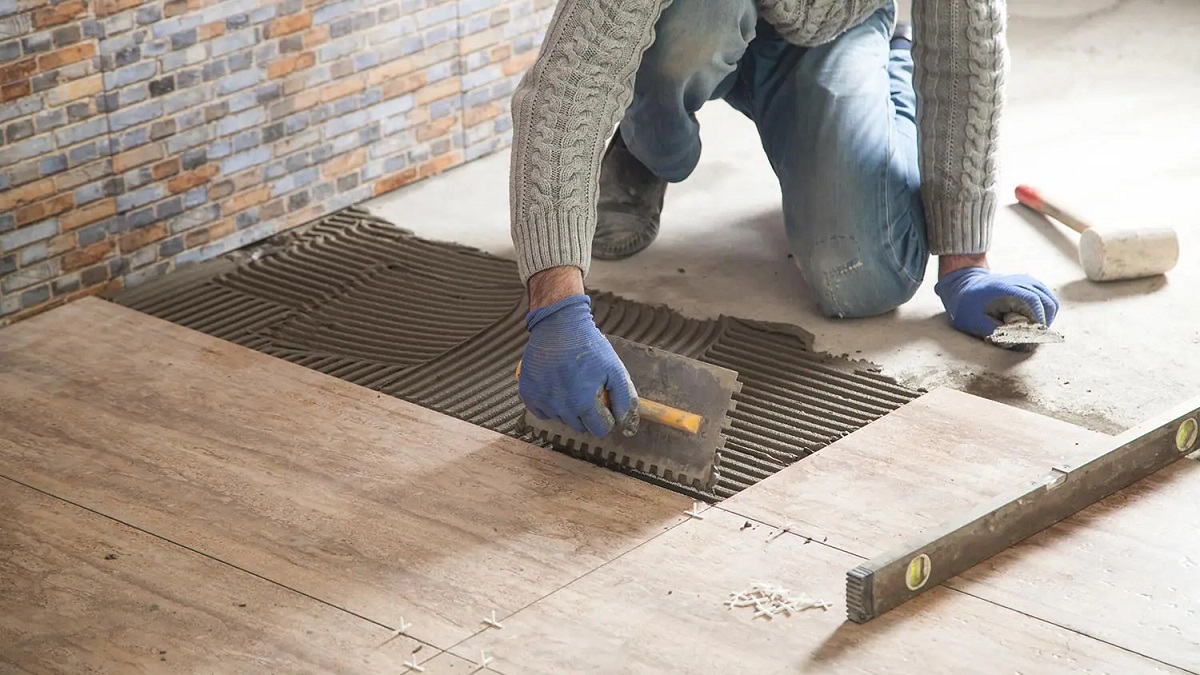

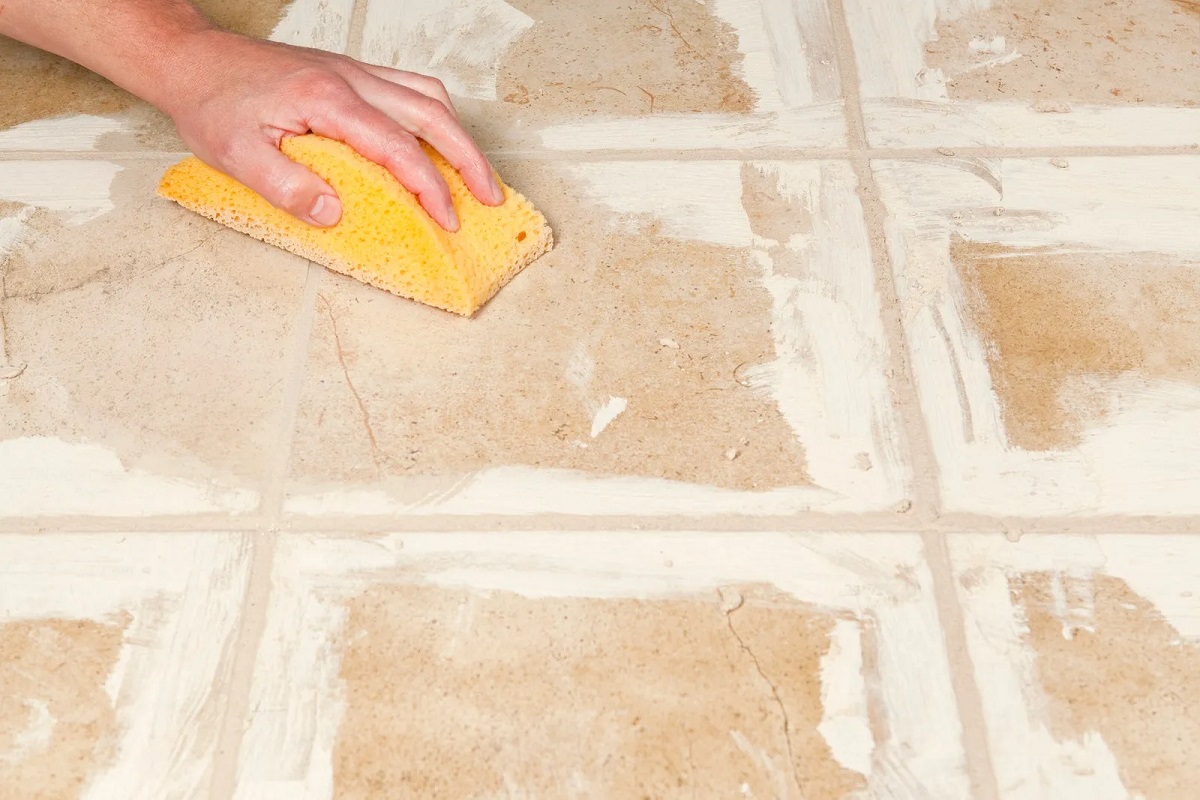

0 thoughts on “How Thick Are Floor Tiles”